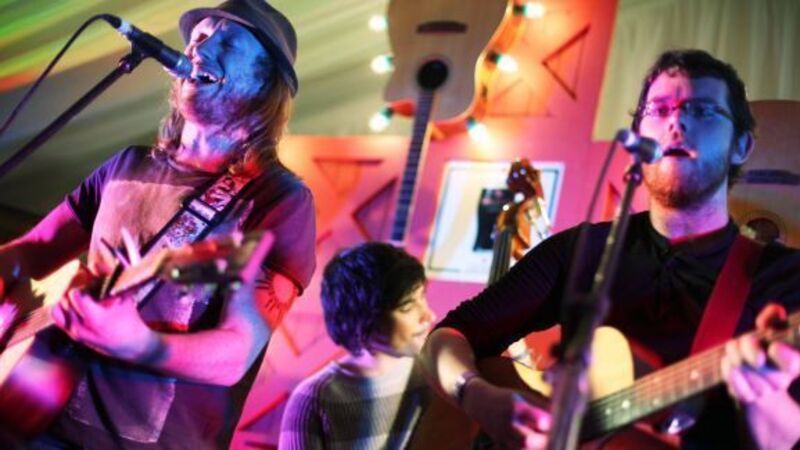Southern comfort as musicians hit the right notes

A NUMBER of Cork-based music acts have released albums this summer. They include The Hard Ground, Billy Kennedy, The Roaring Forties and Francesca Baines. It was also in Cork that Dublin musician Dylan Tighe launched the stage version of his new album, Record, as part of the Midsummer Festival, so it seems only fitting that this work should be reviewed as part of the summer crop of new music projects.
The Hard Ground’s Broken Conversations is a polished and compelling album. While the two vocalists, Marlene Enright and Pat Carey, have distinct voices as songwriters, the album comes together as a very cogent entity. Its ten tracks, while showing plenty of variety in structure and material, form a clear body of work, a series of vignettes that cast shadows of the dark underbelly of a vaudeville world.












